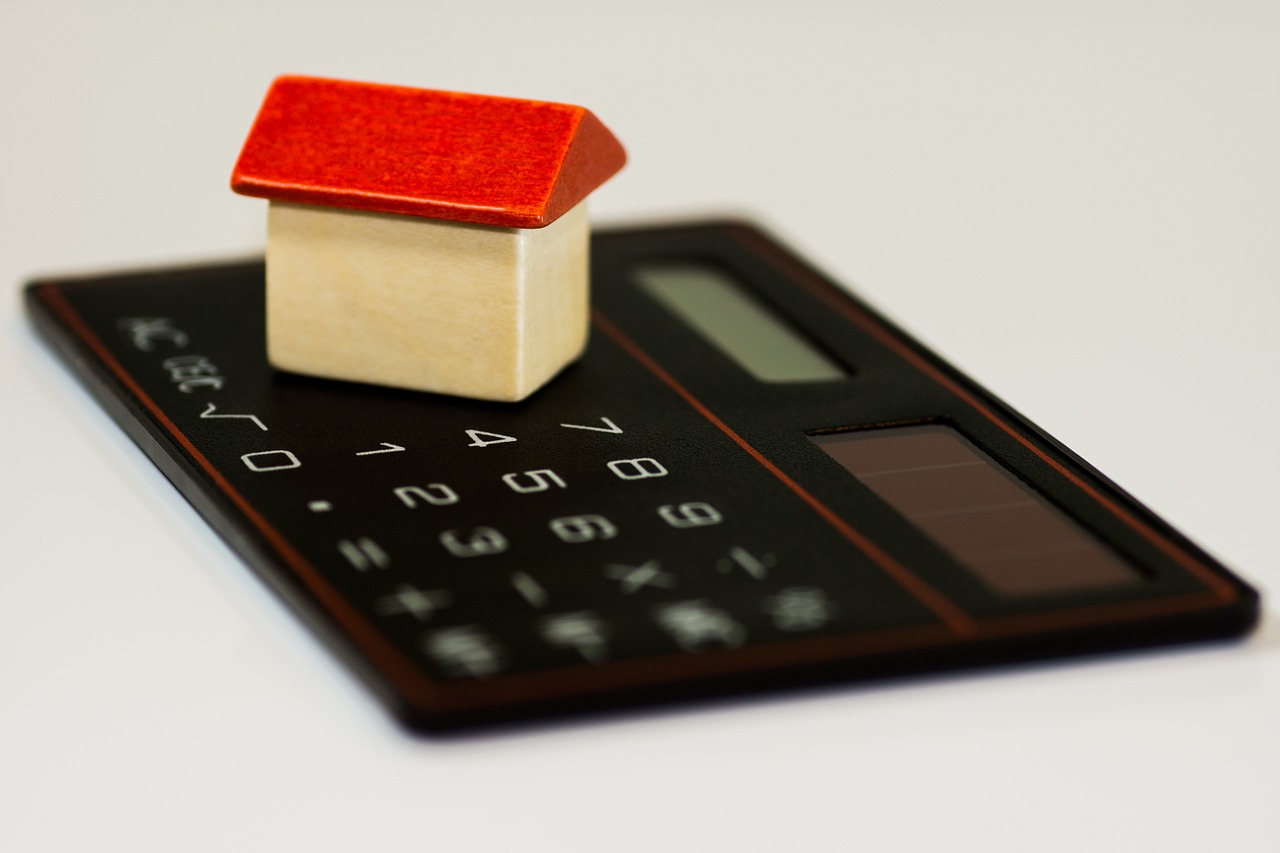On many occasions you’ve probably felt like money controls your life. Perhaps you wanted to go for the weekend to the countryside or to the beach, but you could not because you had no money; possibly you needed to pay the electricity bill, but you had to leave it for the next month because you just barely had the money needed for groceries; your vehicle broke down, but you could not fix it because you had to deal with other priorities; In addition, your credit card was about to burst and you didn’t even pay the minimum quota in hopes that the bank would not notice that default in payment.
Surely, these miserable experiences made you feel bad; your mood and your self-esteem were markedly reduced, you got locked in your money problems, you lost your friends, and your thoughts just invited you to believe that it was all “because of money.”
Money is not responsible for our mood or our daily practices. Fortunately, we alone are responsible for our life and our future. A healthy way to change our perception of money is trying to answer these questions: How do I feel about money? What are my beliefs and expectations about money? Am I able to control my expenses and my savings? Is money the one that is controlling my life, or is it me who should control the money?
Your beliefs, perceptions and expectations affect your emotions and determine the actions you can take to sort your finances and expand your financial slack. I give you an example: as long as you don’t believe that you can be successful in life, you will think that there is no need to succeed in finances, so neither you will be convinced about the need to raise your income or moderate your expenses and, consequently, you won’t have reason to change your patterns of consumption, savings habits or your ideas on investment.
Another example: if you believe you’ll never have enough money to do what you please and live as you dreamed, you will unconsciously deny the control you have over your future (which nobody else but you has) and therefore you will not have aspirations, you won’t feel the need to take on challenges and design your financial road map; you’ll just feel resigned.
The concepts you have about yourself and money significantly influence your attitude and the actions you undertake to achieve your goals. Remember that the only person who controls what you think and feel is you. If you just repeat the phrase: “I have no money” I assure you that you will not be doing yourself any favors; On the contrary, you are reinforcing your negativity and slowly you will drag yourself down emotionally. Similarly, if your favorite phrase is: “my salary is not enough at all”, you will be reinforcing the idea that you are not responsible for what happens to you, but that the fault of your ills belongs to your salary, the employer who pays your salary, the government, or the bank.
Always keep in mind that your personal or familiar experiences with money have an influence on your beliefs and the expressions you use on a regular basis when you refer to it; also, those beliefs influence your values, your attitude and your spending, savings and investment habits; in other words, they affect how you manage your money.
Financial ignorance or poor money management can also cause you mental exhaustion, stress, low self-esteem, and even a decrease in the affection and the quality of our relationships with family and friends. Stay focused on your projects and improve your relationship with money; remember that this relationship affects you personally but also affects your relationship with other people.
Lastly, learn to control your feelings about money. Get rid of negative thoughts like “I’ll be poor all my life”, “I don’t know how to earn more money” or “I can’t do more than what I’m already doing.” Do not forget that you’re the only person able to control your future.
So now you know, control your feelings so that money does not control you.
It is very likely that the biggest and most important purchase we make in life is that of our first home. Upon signing our first mortgage we get excited and celebrate such an event without really considering the financial obligation we are contracting that we must honor for many years.
At first, there is no better feeling than having the keys to our own home; with the passage of time, that feeling fades and is replaced by the desire to get rid of debts; which is not unreasonable, because the simple fact of reducing expenses due to interest is already a way of saving; plus you will feel emotionally safe, you won’t owe anything to the bank and you’ll be able to say that the house is completely yours. That security is one of the biggest advantages of paying the mortgage early, even though you may have to assume certain expenses for anticipated pay off.
Perhaps you feel a wild urge to free yourself of your mortgage as soon as possible, but before doing so it is appropriate that before you try to pay off the debts with highest interest rates (eg credit cards or consumer loans), you build an emergency fund (at least it should meet expenses for 3 months of your lifestyle), and review your retirement plan.
If you decide to pay off your mortgage early, there are some recommendations:
- Make payments every two weeks. This may be the easiest way to shorten the lifespan of your mortgage. If you pay the minimal monthly quota every two weeks, you can reduce your mortgage commitment for approximately four years. It’s important to note that the payment is every two weeks, so if a year has 52 weeks, you will make 26 payments (equivalent to 13 monthly installments). This system allows you to bring forward the payment schedule and further reduce interest expenses, as the last two payments (25 and 26) will be applied to reduce the loan’s principal.
- Increase the monthly payments. Perhaps it is the most attractive method for users who have some capacity for saving. If you have a financial slack that allows you to pay an extra above the contractual obligation you got when you purchased your home, you will not only pay less interest, but also reduce the lifetime of the mortgage. It’s all about getting a pencil and doing the math.
- Making annual payments. Quite possibly, at the end of each year you enjoy a good economic situation because you receive bonuses, payments for utilities, compensation, additional wages or other extraordinary income; well, with some financial discipline you can use some of that surplus to repay the mortgage loan. As in the above cases not only you will pay off the mortgage early and get rid of that financial burden, but it also will reduce the interest expenses, which in a nutshell is a saving. Other people prefer to set aside a portion of the monthly surplus to later destine it to repay the loan through an annual payment; thus they ensure flexibility amid the financial discipline and maintain a fund to cover unforeseen situations or any contingency that may arise along that
- Refinancing the mortgage debt and reinvesting. If you don’t feel attracted to any of the above methods, you still have this option to reduce the lifetime of your mortgage. Current interest rates (rather low) are an incentive to refinance debt, and if you’re smart about it, it can also allow yourself to cancel your mortgage early. Obviously, you have to assess the cost of refinancing with your creditor Bank (because refinancing costs money) but if the new loan has favorable terms for you, you will probably have a greater saving capacity, which in turn you can reinvest and make advance payments applied to the loan’s principal.
In any case, the method you choose to free yourself from your mortgage early will depend on what makes sense to you. You must choose the option that you feel more comfortable according to your financial situation and your personal and family preferences.




MONEY RACE STUDIOS 2020 - ALL RIGHTS RESERVED - LEGAL NOTICE - PRIVACY POLICY